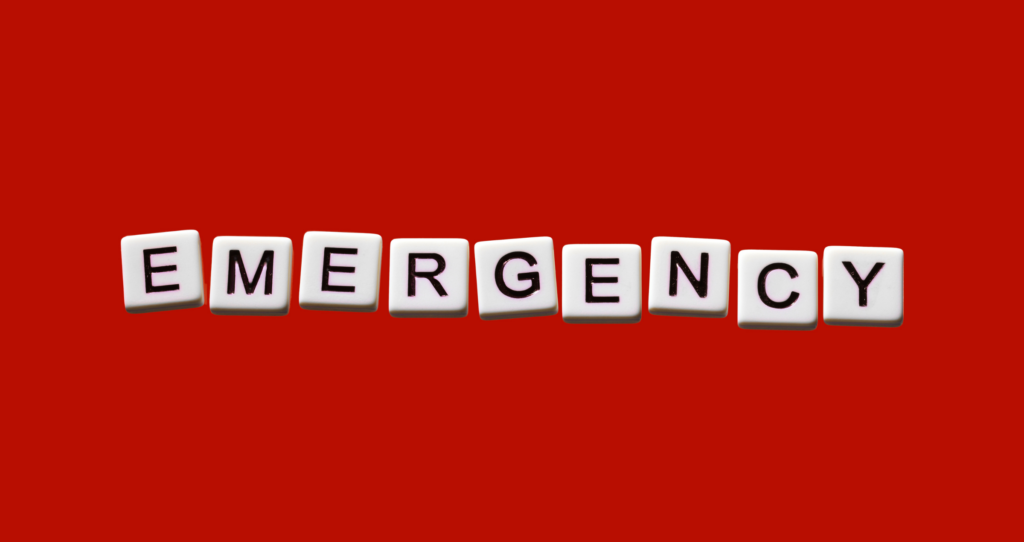You’d be surprised how many non-emergency calls come into 9-1-1! Let’s break down some common scenarios to determine what truly warrants an emergency call.
One of the most common reasons people call 9-1-1 is animal-related incidents. In these circumstances, it’s best to follow these simple questions to determine if 9-1-1 needs to be called:
-
- Is someone in danger?
- Is someone injured and needs medical attention?
- Is there a mistreatment of an animal happening?
If your concern doesn’t fit these categories—like a neighbor’s dog barking—it’s not a reason to call 9-1-1.
Another common scenario that 9-1-1 gets calls about is fireworks. Again, if you are simply frustrated with the loudness of the fireworks, that would not be a good reason to call in for an emergency. However, ask yourself these questions before calling in an emergency:
- Is someone injured?
- Is there a fire?
- Is there a trespassing concern?
Similarly, if you are deep frying a turkey and simply need instructions on how to do this, think about calling up a family member before dialing 9-1-1. While we all experience the need for help in the cooking department at times, it is not a valid emergency situation. Though, if you are deep frying a turkey and it explodes, causes a fire, or injures someone, that would be the time to call 9-1-1 for a true cooking emergency.
Lastly, if you are tired of waiting in traffic and want an update on the state of an accident or collision, please refrain from calling 9-1-1 for this information. For car related grievances, only call 9-1-1 if there is a serious collision, or if someone is in need of medical assistance. For example, if you have a small accident where no one is injured, you may not need to call 9-1-1. But if there are injuries or a dispute involved with the collision, call 9-1-1.
While these scenarios may seem simple, it’s always good to refresh yourself on what constitutes a 9-1-1 call! Remember to ask yourself if there is a true emergency to call about. When in doubt, call—but remember, 9-1-1 is for emergencies. Understanding when to call helps keep lines open for those who truly need urgent assistance.

